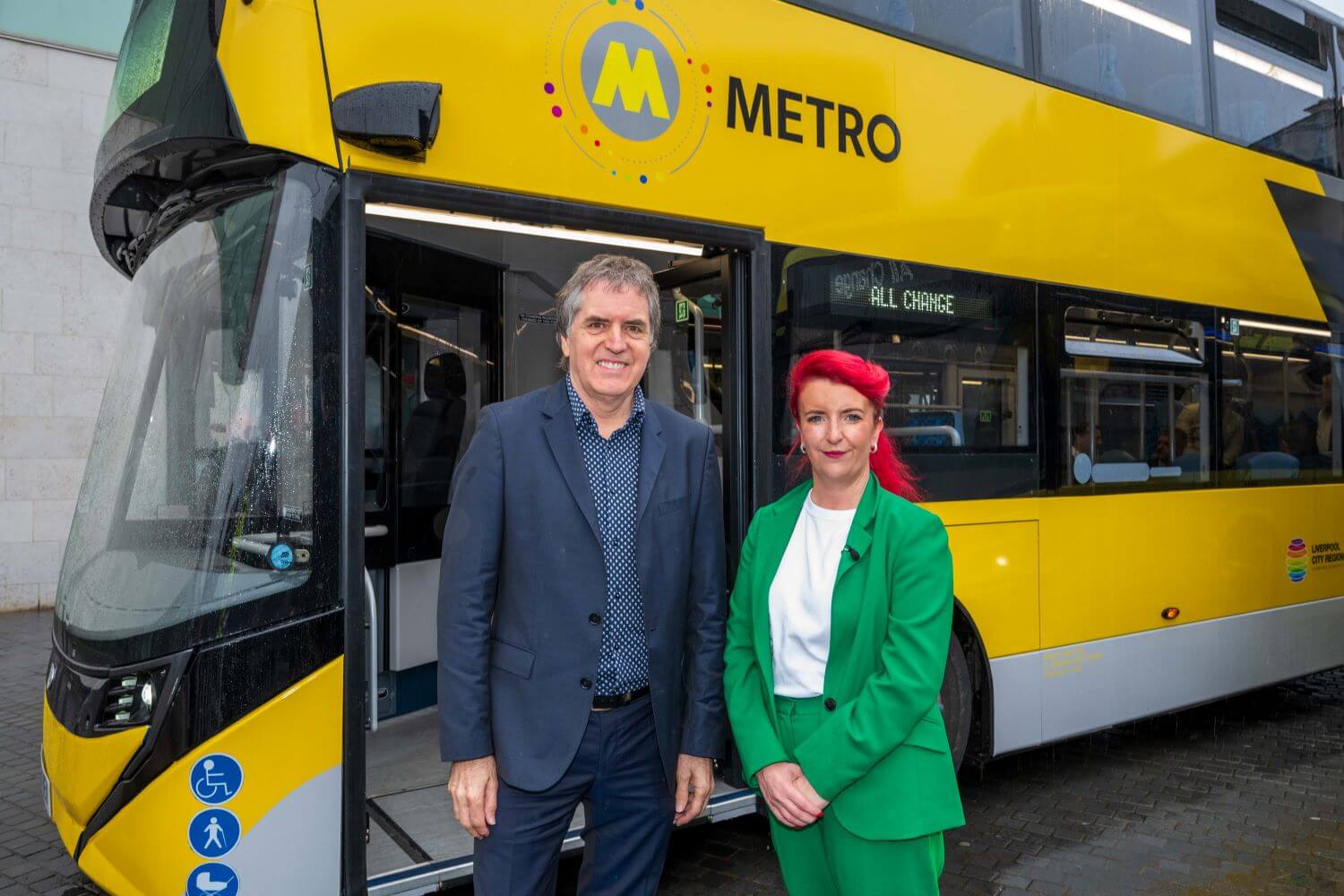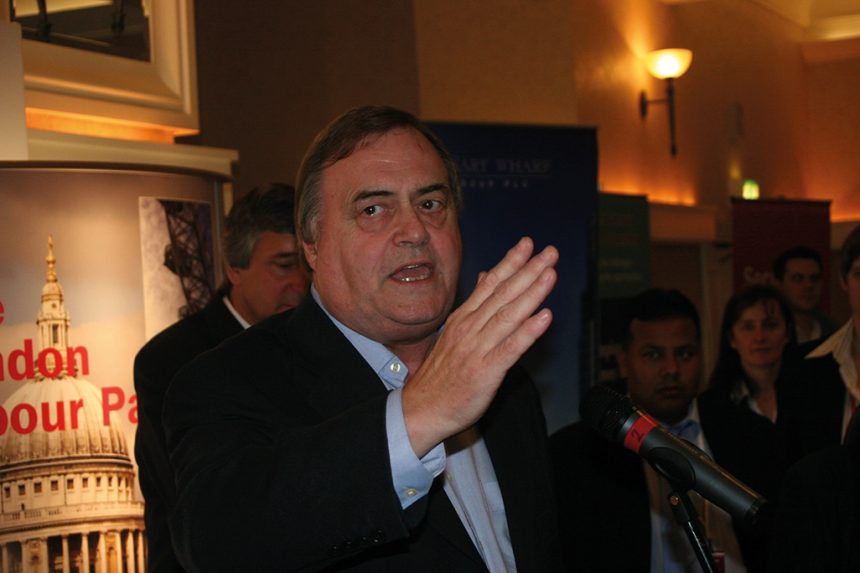The passing of former Deputy Prime Minister John Prescott naturally resulted in many tributes being made from across the political divide, and rightly so.
In his prime, he was a towering figure in the Labour Party and, without his support, it’s unlikely that Tony Blair would have been able to push through the “New Labour” reforms, especially the repeal of Clause Four, which propelled him into No 10 in that landslide General Election victory in 1997.
In that sense, Mr Prescott was as much the architect of New Labour as Mr Blair or Lord Mandelson. And, of course, it was he who kept the peace between Mr Blair and Gordon Brown when their relationship started to fall apart.
Transport legacy
The Labour Party owes Mr Prescott a huge debt of gratitude. But his legacy as Transport Minister is, arguably, less impressive.
His commitment was not in doubt, especially in trying to secure real modal shift towards public transport, and he championed regional development long before Boris Johnson hit on his “levelling up” agenda.
His first major transport white paper, A New Deal for Transport: Better for Everyone, was high on aspiration — as was his buses white paper, From Workhorse to Thoroughbred: A Better Role for Bus Travel. However, one would be hard pressed to say that he delivered on this aspiration.
Further, those in the Labour Party who were full of hope that Mr Prescott would have moved quickly to reregulate the bus services were left somewhat disappointed.
He was, arguably, more suited … to the old-fashioned backroom political deal-making than to running a frontline government department
Indeed, there is a certain irony that – doubtless under pressure from the Treasury – he oversaw the introduction of the Public-Private Partnership for the London Underground, which saw the private sector take over the network’s investment programmes, but this proved an expensive failure.
His mega Department for the Environment, Transport and the Regions, which was set up after the 1997 election, proved too unwieldy and ended up being broken up.
Mr Prescott was undoubtedly a massive figure in his party. His commitment and passion were never in doubt. But he was, arguably, more suited to political fixing, to the old-fashioned backroom political deal-making, than to running a frontline government department.
Ministerial resignation
Meanwhile, after just five months, we have had our first cabinet minister resignation with Transport Secretary Louise Haigh forced out thanks to a previous criminal offence. This begs a number of questions.
What struck me was how trivial this offence, which occurred before she was even an MP, was. To my mind, this was not a resignation matter, especially as she had declared the offence – so Keir Starmer was fully aware of it before he appointed her.
We have been informed that “new information” had come to light but have not been told what this is.
It was also striking that No 10 made no effort to defend Ms Haigh, instead telling her she had no choice but to resign as soon as No 10 became aware the media had the story.

It was also claimed that the Labour Party leaked news of the offence to the Conservatives before the election in the expectation that the Conservatives would in turn inform the press, thus giving the Prime Minister the excuse not to appoint her to the cabinet.
I feel sorry for Ms Haigh. I don’t think the crime was that serious, and she wasn’t even an MP when it happened. Do we really expect our politicians to be so squeaky clean that they must have absolutely no blemish on their record?
While the Chancellor is accused of lying on her CV and remains in post, an historical minor criminal offence is terminal. Or perhaps there really was something more serious behind this — maybe we’ll never know.
Either way, I suspect the truth is that Mr Starmer did not want Ms Haigh in his cabinet to start with. After all, she nominated Jeremy Corbyn in the 2015 Labour leadership contest, so there was clearly no love lost between the two. One can only assume that he was looking for the first opportunity to get rid of her.
What’s in store?
Nevertheless, in Heidi Alexander we have a Transport Secretary who has some understanding of her brief, having been a Deputy Mayor of London with responsibility for transport from 2018-2021.
Further, she is a quite experienced politician, having served on Lewisham Council from 2004 until 2010 when she was elected as MP for Lewisham East in the 2010 General Election.
However, motorists beware! She was a strong supporter of London’s Ultra Low Emission Zone and its subsequent extension, and was also an advocate of introducing 20mph zones across London. I wonder if she will be encouraging other major towns and cities to follow suit.
Ms Alexander’s exposure to the bus industry will, of course, have been through the prism of the regulated London model
I wonder too what she will make of the public consultation on an Integrated Transport Policy that Ms Haigh published the day before she resigned.
This is a nonsense consultation which is encouraging literally everybody, including private individuals, to contribute. It’s more of a questionnaire than a proper consultation. Goodness knows what kind of crazy ideas might be sent in to the department – although whether anybody outside of the transport industry is aware of this I very much doubt.
Ms Alexander’s exposure to the bus industry will, of course, have been through the prism of the regulated London model.
That could be a strong influence on her as she takes forward the government’s bus reforms although, given that Ms Haigh was committed to the regulated model anyway, there won’t be any change or softening in the government’s bus policies.
However, my hunch is that she will be far more realistic about what a franchise model can deliver, and I suspect she will also be more realistic in how many authorities across the country want to go down that route.




























